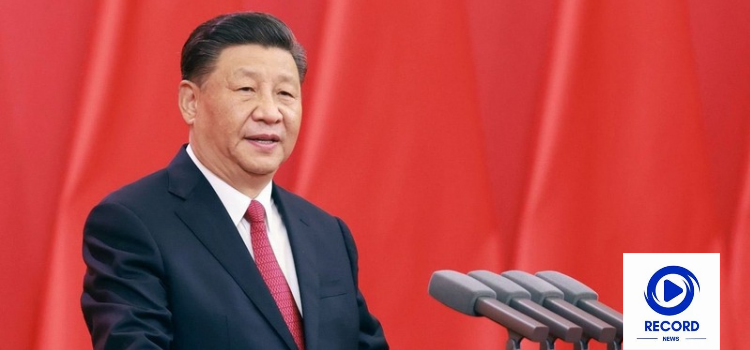The Chinese government has once again issued a firm and uncompromising statement on Taiwan, declaring that the self-governing island is an inseparable part of Chinese territory.
The remarks come amid renewed tensions in the Taiwan Strait and growing international scrutiny over Beijing’s intentions.
“Taiwan is part of China. Period. This is an undeniable historical and legal fact,” said Foreign Ministry Spokesperson Mao Ning during a press conference on Tuesday.
The statement, delivered in direct and unequivocal language, reinforces China’s longstanding One-China Policy, which claims that there is only one sovereign state under the name China, and that Taiwan is a province of that state, not a separate country.
The comments follow recent diplomatic engagements between Taiwanese officials and several Western nations, including a high-profile U.S. congressional delegation visit to Taipei and increased arms sales to Taiwan — moves that Beijing has repeatedly condemned as “provocative” and “interference in internal affairs.”
“Any attempt to challenge China’s sovereignty or support so-called ‘Taiwan independence’ will be crushed by the will of 1.4 billion Chinese people,” Mao added.
Beijing has also ramped up military drills near the Taiwan Strait, with naval and aerial maneuvers seen as a show of force meant to deter what it views as separatist activities.
Meanwhile, Taiwanese President Lai Ching-te responded to the rhetoric, reaffirming Taiwan’s commitment to peace and democracy.
“Taiwan is already a sovereign country. We do not seek conflict, but we will defend our freedom and way of life,” President Lai said in a televised address.
The international community remains divided. While most countries, including the United States, do not formally recognize Taiwan as an independent state, many maintain unofficial diplomatic relations and support the island’s democratic governance.
The latest escalation highlights the fragile status quo in the Taiwan Strait, with analysts warning that worsening relations could lead to miscalculations or a broader regional crisis.
“The messaging from Beijing is becoming more direct and less diplomatic. They’re drawing a red line, and it’s getting thinner,” said Dr. Mei Lin, a regional security expert at the University of Tokyo.
As the geopolitical chess game continues, Taiwan remains a flashpoint in U.S.-China relations, and a symbol of the wider global tension between authoritarianism and democratic self-determination.

